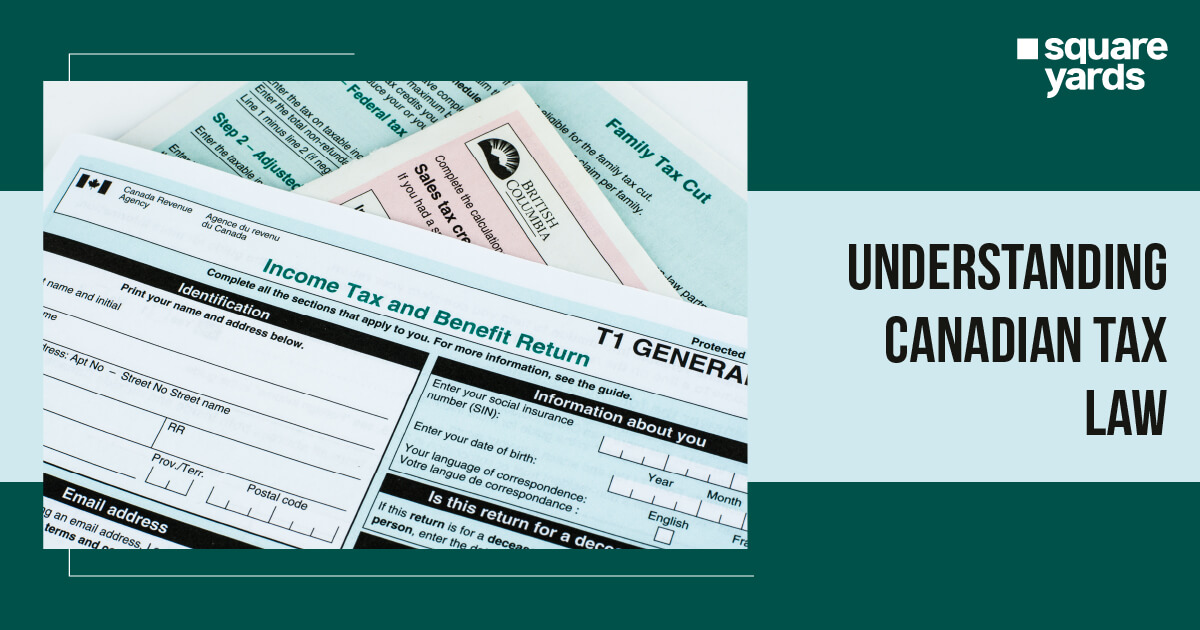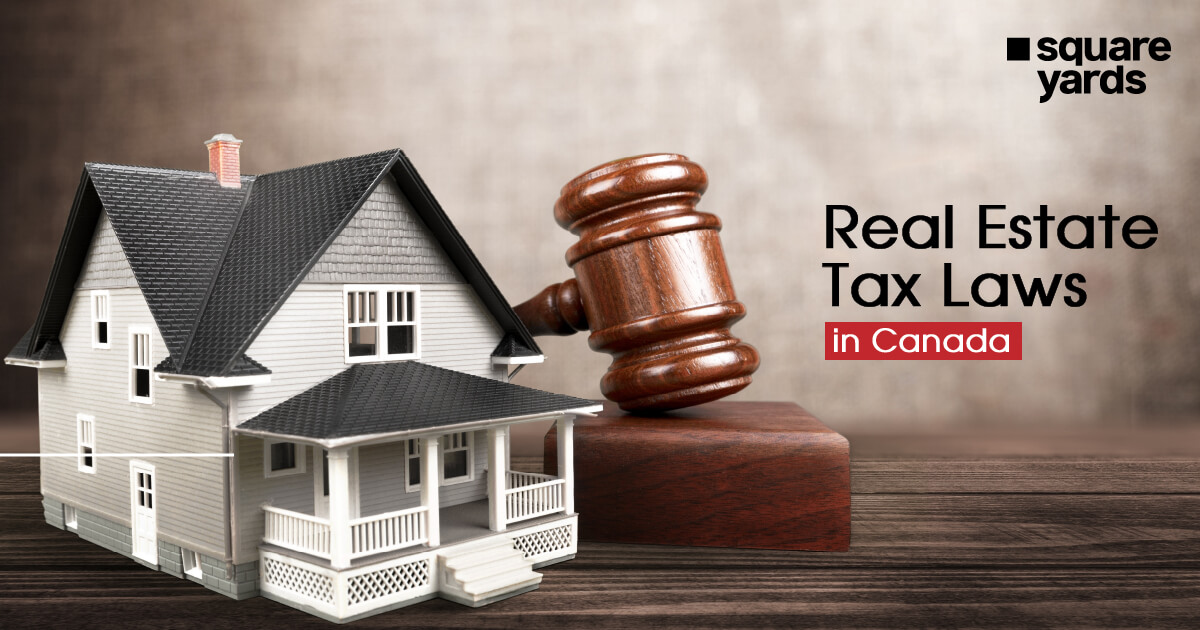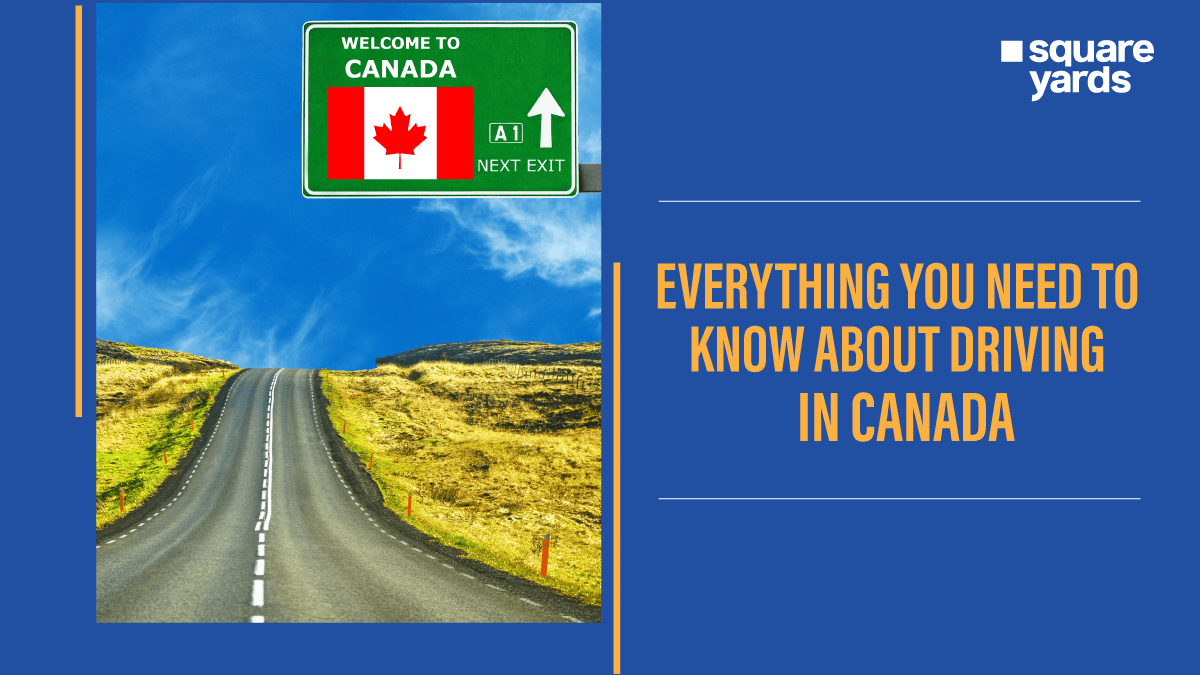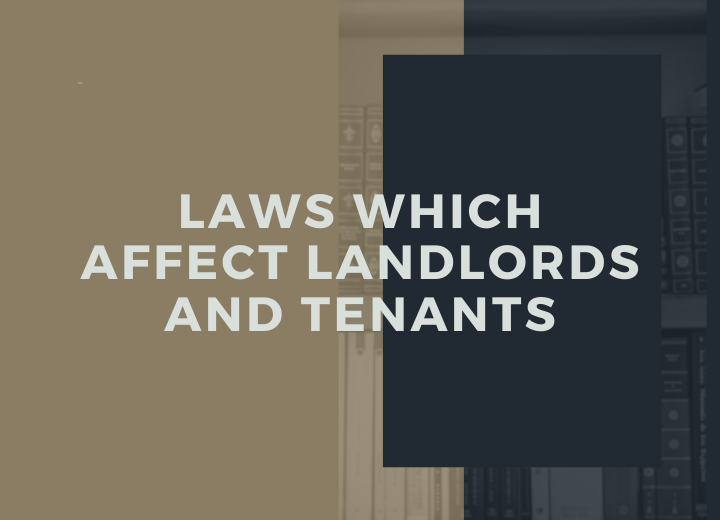Income tax in Canada is a very important part of a country’s economic system. The citizens must pay a tax on the amount they earn from work or a job in a country. While income tax is important for all countries, its components and calculations vary between regions.
Therefore, if you are stationed and employed in Canada, you need to understand the regulations surrounding the income tax in Canada. You must be aware of the process involved in calculating income tax to ascertain the amount you will be paying on your earnings as income tax. Read to learn everything about the topic!
Income Tax Brackets in Ontario, Canada
Every country follows a tax bracket based on which income tax deductions are made. The slabs might be constant for the entire country or differ across states. You must know the tax slab of the region where you are employed. For instance, if you are employed in Ontario, you must be aware of the tax brackets in Ontario, Canada. Let’s look at the income tax brackets in Canada for the same.
| Taxable Income | Tax Rates (Marginal) |
| < $49,020 | 15% |
| $49,020 to $98,040 | 20.5% |
| $98,040 to $151,978 | 26% |
| $151,978 to $216,511 | 29% |
| >$216,511 | 33% |
All Canadians employed in the country have to pay a tax on their income based on the slabs given above. The income tax slabs remain the same for the expats. They need to pay a tax on the income that they earn within Canadian borders. The tax slabs for other states are the same as the tax brackets in Ontario, Canada.
Personal Income Tax
The personal income tax in Canada is an important deduction for all employees working in Canada. You must file a tax return if you live and work in the same country. You will also have to pay a personal income tax if you have migrated to Canada from another country. The personal income tax rates range from 15% to 33%, depending on the individual’s annual income. It would be best if you tried calculating income tax based on the slabs provided to get a fair idea of the amount you will be paying.
Professional Income Tax
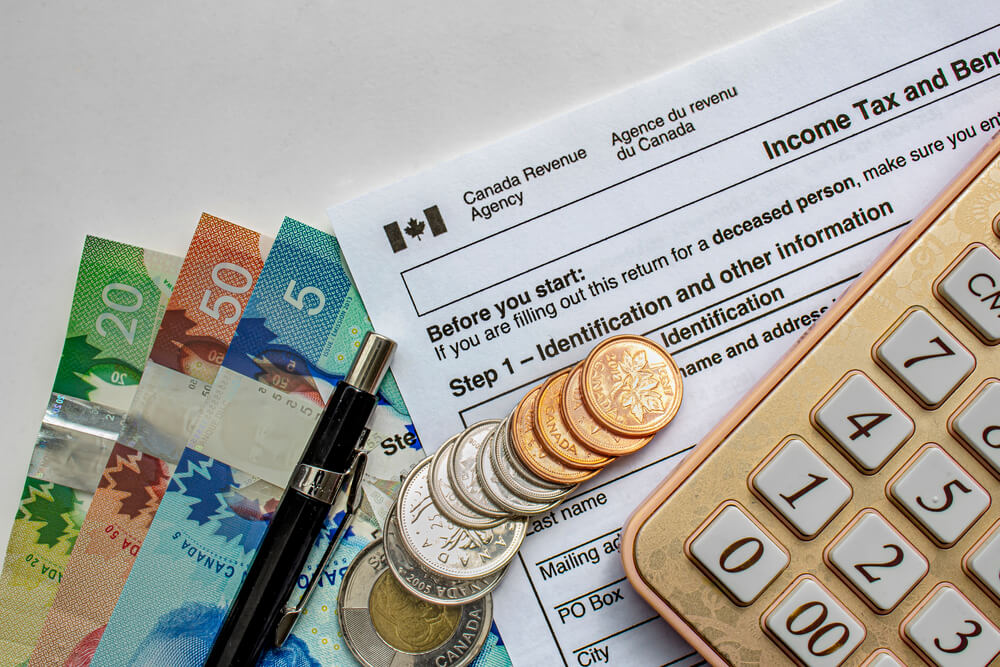
If you are a self-employed individual or have taken up a profession or a trading activity, you must report your income and losses to the relevant authorities.
You will have to pay taxes on the profits you generate from your business or profession. Depending on your income level, you must pay an income tax at the provincial and federal levels. The tax for professionals ranges from 15% to 33%. If you are running a business, you might also have to calculate GST or HST from your customers and pay it to the CRA and the income tax. However, if the business’s turnover for the last four quarters is less than $30,000, you don’t have to register for either GST or HST.
Corporation Income Tax

In Canada, the rate of corporate taxes depends upon the industry you work in and the company type. All companies incorporated in Canada must adhere to the corporate tax rate in Canada and pay taxes on their worldwide profits. In most provinces, the corporate tax rate stands at 26.5%. You must also pay a capital gains tax in Canada on your investment income. Detailed below are the combined income tax return rates for a CCPC or a Canadian-Controlled Private Corporation.:
| Province | Small Businesses with revenue up to $500,000 | General Active Business Income | Investment Income |
| Quebec | 12.2% | 26.5% | 50.2% |
| Ontario | 12.2% | 26.5% | 50.2% |
| Alberta | 11% | 23% | 46.7% |
| British Columbia | 11% | 27% | 50.7% |
The rates are slightly different for corporations other than a CCPC. These rates are:
| Province | General Active Business Income | Investment Income |
| Quebec | 26.5% | 26.5% |
| Ontario | 26.5% | 26.5% |
| Alberta | 23% | 23% |
| British Columbia | 27% | 27% |
Service Tax
The service tax that is levied in Canada is referred to as GST. These are value-added taxes levied on the supply of goods across their value chain. These taxes have multiple stages and are levied on buyers who buy the taxable goods or services at different levels in the value chain. Currently, the GST rate in Canada stands at 5% for territories that do not have a provincial sales tax.
Provincial Sales Taxes
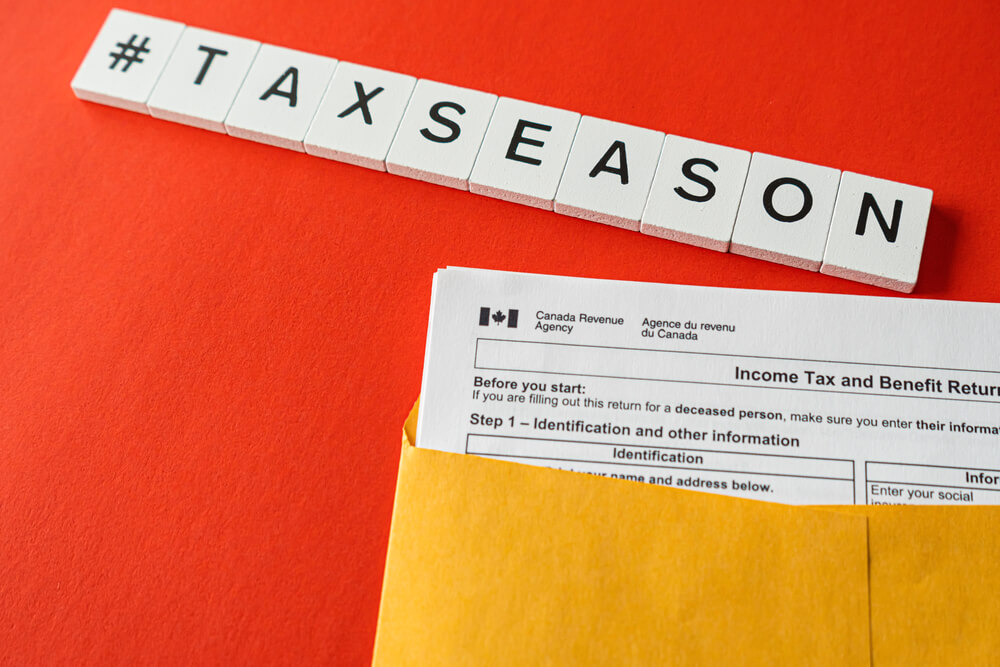
All provinces in Canada except Alberta have an applicable provincial sales tax. This tax can be levied both independently or along with the GST. Currently, the rates of provincial sales taxes range from 5% to 10%. States like Alberta, Yukon, Northwest Territories, and Nunavut only levy a 5% GST as sales tax.
Also, in a few provinces like Ontario, Prince Edward, Nova Scotia, etc., the sales tax is not levied directly but through an agreement with the federal government where sales tax is considered a part of the HST and is collected by the CRA accordingly. The final rate of sales taxes depends on the place of supply rules that are in place.
The GST/ HST comes under the purview of the Canadian government. Hence, if a business is registered for GST, it must charge the HST on the goods and properties supplied to the customers who are a part of HST provinces. You must report the HST and remote while filing regular GST returns.
International and Non-Resident Taxes
The non-resident corporations that have their offices in Canada and the non-resident individuals of Canada also have a few tax obligations. They will have to pay a tax on their income from Canada. The type of taxes to pay and if they need to file an income tax return directly depend on the income from any commercial activities in Canada. In most cases, non-residents pay either of the taxes on their Canadian Income: Part XIII tax or Part I tax.
Part XIII tax applies to the following types of income:
-
- Dividends
- Management fees
- Rental payments
- Annuity
- Pension
- Registered retirement payments
- Canada Pension Plan
The taxes must be reduced at source by all the Canadian payers who make any of the payments listed above to a non-resident. Usually, the rate at which Part XIII tax is charged is around 25%.
The payer will deduct Part I tax if a non-resident carries on business activity within the Canadian territories or if they sell or transfer a Canadian property. In this case, they need to file an annual tax return to understand the total amount they must pay to the government. These taxes apply to non-residents who work in Canada and non-resident businesses that operate within Canadian borders.
Conclusion
Income tax is a very important part of Canada’s economy. Hence, you should be aware of calculating income tax for different provinces in the country. Income tax is not just limited to personal taxes. Even corporations have to pay a tax on their income from business operations. Professionals working in Canada and small business owners must also pay taxes as per their income threshold. You must make regular, timely payments if you want to steer clear of any issues with the law!
You May Also Read :
| Real Estate Tax in Canada | All About Real Estate Tax in Canada |
| Speculation and Vacancy Tax | Guide To Speculation and Vacancy Tax |
| Canadian Employment Law | Concept of Canadian Employment Law |
| Landlord Tenant Rights | Laws of Landlord Tenant Rights |
Frequently Asked Question (FAQs)
Canada follows a progressive taxation system where the tax rate depends on your income level. Even if you have a taxable income of $1, you must pay a 15% tax.
There are different types of income taxes in Canada. These taxes include business, property, employment, and capital gains.
While tax payments can be deferred, the non-filing of tax returns is considered tax evasion, a crime that attracts harsh penalties. If you fail to file your tax returns on time, you might have to pay a fine of around $1,000 to $25,000.
Currently, an income of up to $13,229 is tax-free and you don't need to pay any taxes if you earn less or equal to $13,229.
The components under Sector 87 are exempt from taxes. Also, if your salary includes occasional gifts, they are not a part of your taxable income. At what salary do I pay tax in Canada?
What are the types of income tax?
What happens if you don't pay income tax in Canada?
What income is tax-free in Canada?
Which salary components are not taxable?

